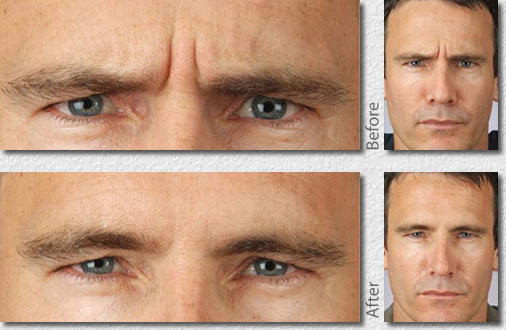All New Yorkers have vivid memories of the events of 9/11/2011; and for New York-based health care workers our memories are generally mixed with feelings of frustration and helplessness. We recall how we emptied out hospital beds that day, how we were prepared in emergency rooms and clinics, and how we waited hour after hour—in expectation of a flood of patients that never came. And we recall how in the ensuing days, weeks, and months, survivors finally entered our offices, clinics and hospitals, seared by memories and nightmares and visions they could not erase.
Patients working on Wall Street, living in Battery Park City or in lower Manhattan, those who were evacuated by boats from apartments located close by the base of the towers, people who happened to be shopping or walking in Lower Manhattan that Tuesday morning, firemen who rushed to the site of the rubble, parents who were scheduled for meetings at Windows on the World restaurant, but had to drop their kids off at school first, people who heard the first impact, and—remembering the prior attack on the WTC—immediately left the buildings and headed North, people whose apartments were destroyed or cars were crushed or jobs were eliminated…or people who waited in the suburbs for a spouse to return on the MetroNorth commuter train, and finally concluded they would never return. They all came, looking for help.
We remember equally vividly how many months and years it took for recovery to begin. We worked intensely to enhance the process of recovery, whether through medical treatments or psychotherapy. All of us, patients and doctors alike, were haunted by the memories of those who never emerged from the rubble, and by the randomness of survival. And yet we patients and doctors had a unique cameraderie as well—a feeling that we were all in this together, united against a common, though perhaps unseen, enemy. Surely this helped with recovery, along with the expectation that life would eventually return to normal.
For neuroscience researchers, the events of 9/11 were a sort of natural experiment, similar to the events of war. Over the past decade, there has been significant progress in understanding the brain’s responses to trauma and what causes PTSD, and as well as understanding what may help people to recover from such cataclysmic events. It has become abundantly clear that the brain’s fear systems, commonly associated with the center called the amygdala, have incredibly tenacious memories for trauma that are extremely difficult to dislodge.
 New research has brought illumination and hope to these issues. NYU researcher Elizabeth Phelps is doing research on the neurological processes involved in the consolidation of traumatic memories, which indicates that there may be a window of time during which the deposition of such memories can be interrupted. Will this eventually provide a way to prevent PTSD, either by new types of psychotherapy or by the development of new medications that can block the deposition of such memories?
New research has brought illumination and hope to these issues. NYU researcher Elizabeth Phelps is doing research on the neurological processes involved in the consolidation of traumatic memories, which indicates that there may be a window of time during which the deposition of such memories can be interrupted. Will this eventually provide a way to prevent PTSD, either by new types of psychotherapy or by the development of new medications that can block the deposition of such memories?
On a broader level, the events of 9/11/2001 have underlined the importance of resilience. Some survivors of 9/11 quickly returned to their usual level of functioning, yet many others, a decade later, are still haunted by those events. Resilience, or the ability to survive or even thrive under stress, is being studied as a neuroscience-based process. Researchers such as Avram Caspi have determined that there are genes related to resilience. Other researchers have described behavioral characteristics that are related to higher levels of resilience, such as Charles Nemeroff and Dennis Charney in their book The Peace of Mind Prescription. (Resilience is one of the 6 key New Neuropsychiatry principles described in my book Heal Your Brain and in my blog at Psychologytoday.com).
Just to mention one key element of resilience: appraisal. Appraisal means the way in which we interpret events. If an event is interpreted as a threat, it evokes fear responses, including activation of the amgdala, and a series of physical responses including release of cortisol and stress hormones. Yet if an event is interpreted as a challenge, it evokes a different series of responses, including interest, calm, relaxation, and adaptive coping. And as Nemeroff and Charney note, “The hormones released by an appraisal of challenge include growth factors, insulin, and other compounds that promote cell repair, trigger relaxation responses, and stimulate efficient energy use.”
The components of resilience include:
· Physical resilience, physical ‘toughening’ and ‘tempering’
· Psychological resilience “situations are viewed as challenges, not threats”:
· Activating social networks, including confiding relationships
· Adequate external supports
· Challenging one’s self
· Looking for meaning through involvement
· Learning
Now, a decade after 9/11/2001, it is possible to have almost a strange nostalgia for that moment, since we live in a world with increasingly huge problems but without clear solutions, in which day-to-day stresses seem to be continually increasing, with worsening financial and political instability, and increased polarization between incompatible world-views. In attempting to cope with all of these ongoing and much less clearly defined stressors, the question is, what can help?
In my view, resilience is key.
* * *


















